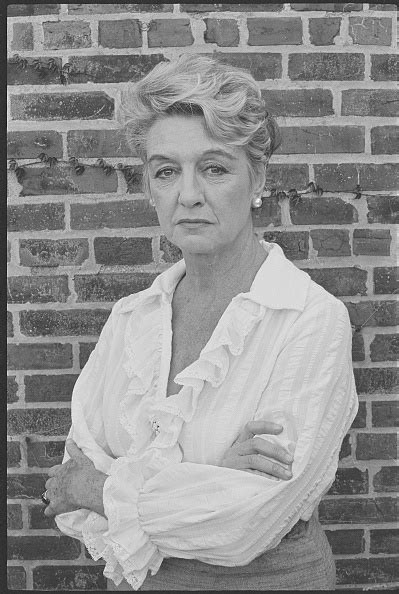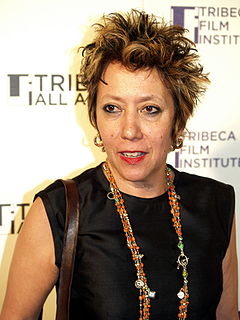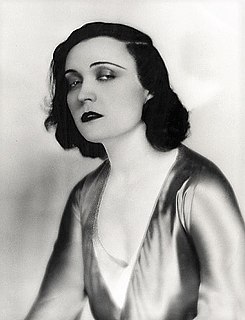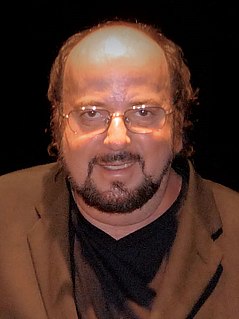A Quote by Milos Forman
You know, 20 years... the films of television when it started, the literature, radio in communist countries, they're clean as a whistle; there was no violence, no sex, no drugs, nothing.
Related Quotes
I tell young actresses today who are looking to get into films, "First of all, you are marginalized by the color of your skin." I tell actresses, "If you're too tall, if you're too fat, you're not going to work. I don't care how talented you are." It's a business, and sex sells. Sex, action, special effects, and violence sell. Yes, you can have art films about the triumph of the human spirit and all of that, but you'll have it done with a big-budget icon with a $20 million salary.
Even in the most peaceful communities, an appetite for violence shows up in dreams, fantasies, sports, play, literature, movies and television. And, so long as we don't transform into angels, violence and the threat of violence - as in punishment and deterrence - is needed to rein in our worst instincts.
The same authorities who insist upon beginnings, middles, and ends, declare that Great Literature (by which they mean the stories they have been taught to admire) is about love and death, while mere popular fiction like this is about sex and violence. One reader's sex, alas, is another's love; and one's violence, another's death.
[Robert Downey was being singled out for] selective prosecution. He's a sweet guy who never did harm to anyone except himself. He's been doing drugs for 20 years and functioning for 20 years, and in those 20 years there've been hundreds of people who've been getting high constantly and behaved very destructively and have not been arrested. Robert's real problem is he gets caught.
When I first started making films 30 years ago, people would comment that I was a woman. But strangely, when I was in television, no one ever mentioned that I was a woman. Maybe it was because television and film were different. There were more women working in television than men. There was no split in terms of work - everyone was considered equal





































